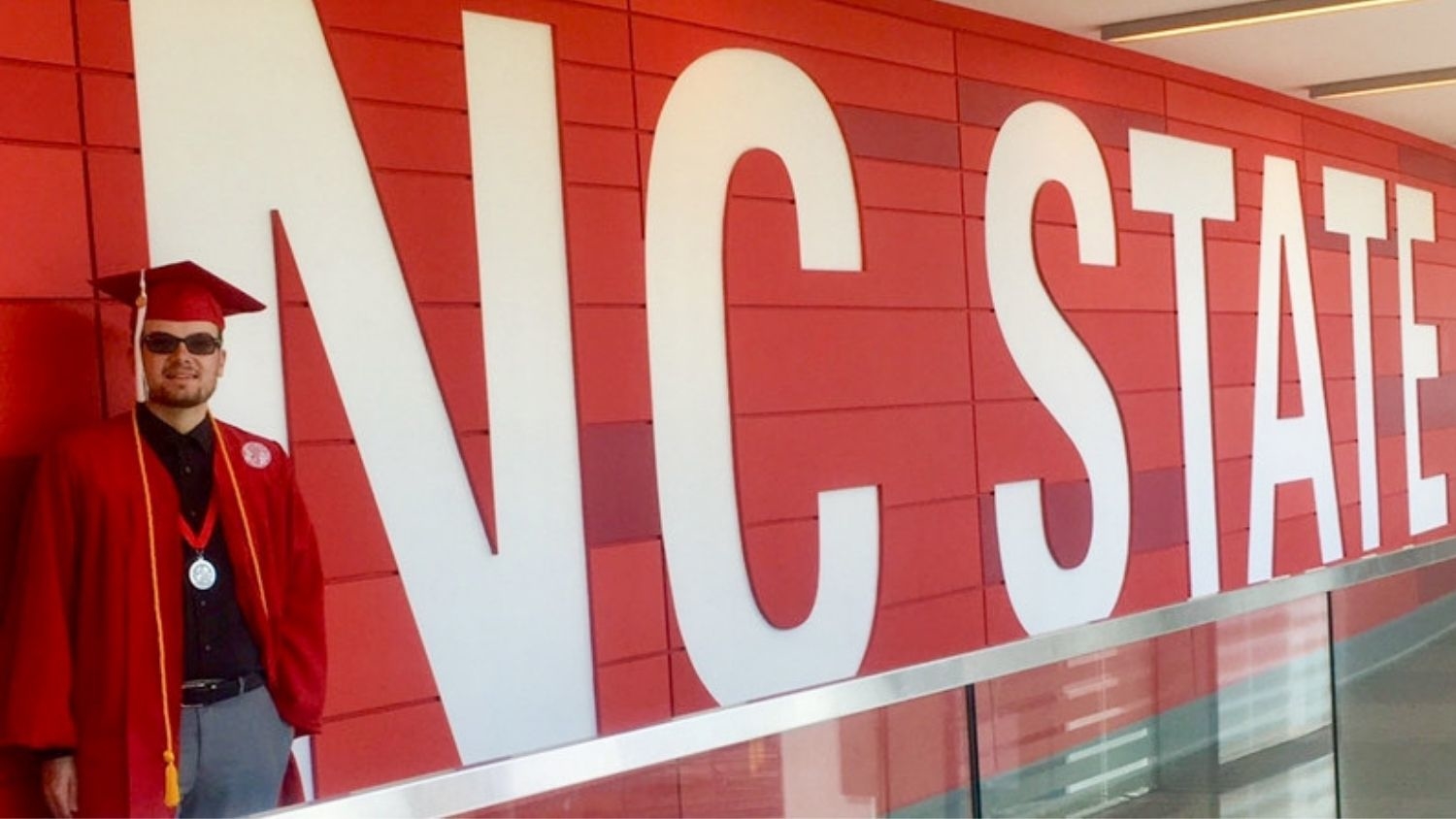Five Questions with Chamber of Commerce Director Chase Conner

In 2018, Chase Conner graduated with a degree in environmental sciences with a focal area in environmental education. He also minored in extension education and biology.
During his time at NC State, Chase created and directed the Martin County Main Street Market to foster a sense of community in his town. After graduation, he returned home to teach environmental and physical science at his former high school.
His desire to connect students to their small, rural community led him to his current position as executive director of the Martin County Chamber of Commerce in North Carolina. We reached out to Chase to learn more about his journey. Check it out below.
What is a typical day in your job like?
Honestly, everyday can be something different. I never know when a new business endeavor or excited entrepreneur will walk through the door.
Some days I am planning for our community events such as farmers markets, fundraisers, business after hours and ribbon cuttings. Other days I am working with our local K-12 and college students, teachers and administrators through workforce development programs.
Sometimes I’m even partnering with local churches and nonprofits to provide programs and services to our community. It all boils down to connecting the dots around the community to help grow our area.
What inspired you to study your major?
I’ve always wanted to help make a positive impact in my community. Environmental sciences focused on sustainability and how to protect local resources. My advisor through the College of Natural Resources really worked with me to individualize my path. The flexibility this major gave me through my concentration, minors and focal area really helped me make the most of my undergrad education by uniquely designing my pathway.
What led you to your current position, and how has it allowed you to make an impact on your community?
Upon graduation, I returned home to my rural community to teach at the high school I graduated from. While there, I taught environmental science and physical science. While teaching I realized the disconnect between students and the community. Many felt they needed to leave our smaller community for bigger opportunities or felt like they could not make a difference here. Many were just unaware of the opportunities and impact they could have.
That is one of the reasons why I accepted a new role in 2019 as the director for the Martin County Chamber of Commerce. While I do miss the classroom, I am still involved in education by helping connect students to local internships, getting guest speakers to go to classrooms, and by recruiting young volunteers to work on community programs where they can see the impact they have. I’m also working to finish up my environmental educator certification, and I still coach tennis for our high school team.
I am showing our young leaders that you can make a huge difference in a rural community. While only a few years out of college, I was able to become director of the Chamber and make great strides towards progress in my community. Looking to the future and planning for growth is always a priority of mine. Through sustaining business, growing community, and partnering with organizations to provide services to our area, I am able to advocate for growth.
How did the College of Natural Resources prepare you for your current position?
The College of Natural Resources provided me with a great foundation and allowed for flexibility in learning. I feel my background in environmental sciences and extension education has given me the advantage to partner with our local Extension office, community gardening groups, food pantries and local educators. The College of Natural Resources taught me how to form connections and learn from a wide variety of individuals who specialize in many different fields.
What advice do you have for current College of Natural Resources students?
Do not be afraid to reach a little out of your comfort zone. Growth can only occur if you are willing to fail. Stay strong and continue to have high hopes for your future.
I also advise to consider working in a smaller rural community. You can be a big fish in a big pond, or a big fish in a small pond in rural America. Low cost and high quality of life are benefits of living in a small, welcoming community. Reflect on how big of an impact you want to make and what value you can provide to your community.
- Categories: